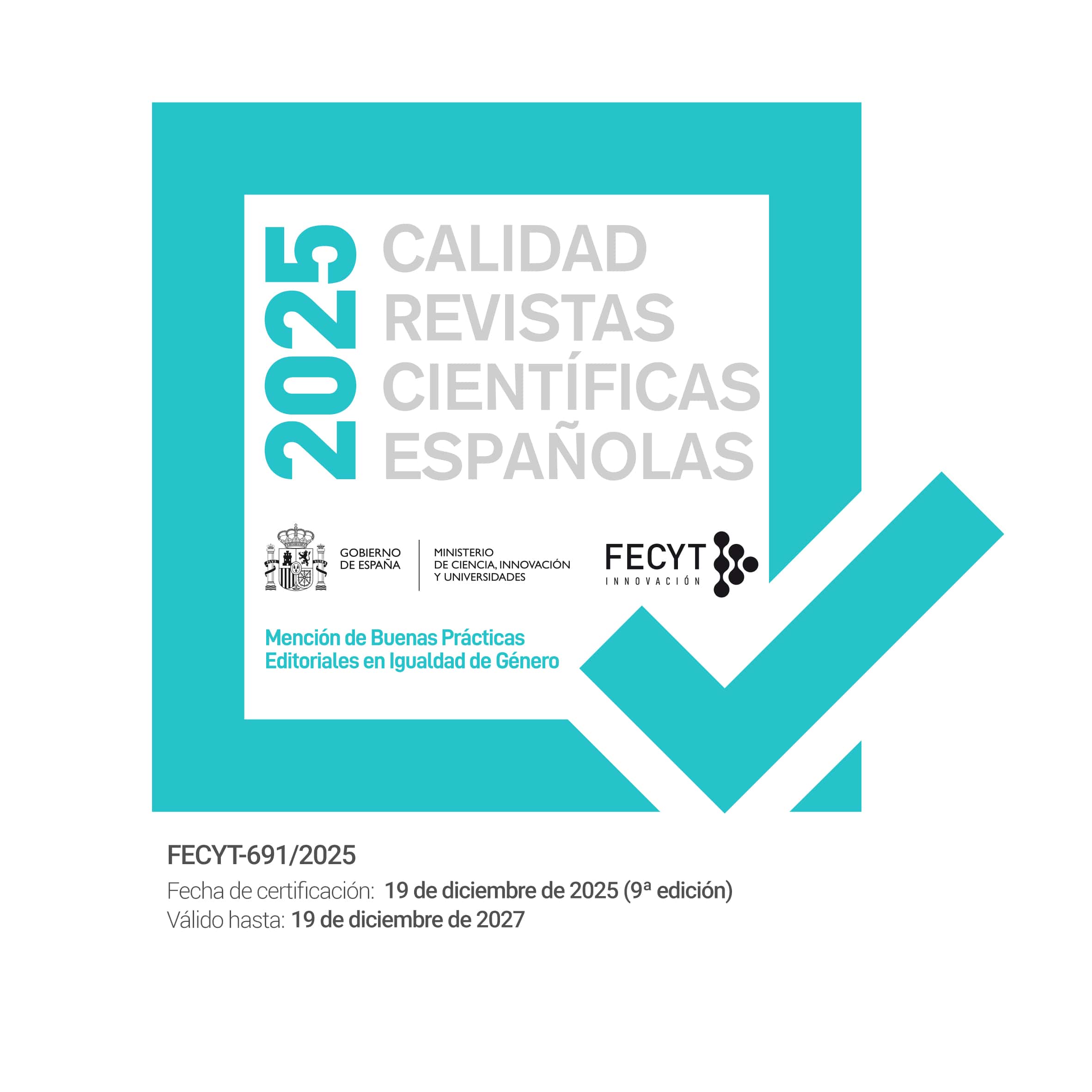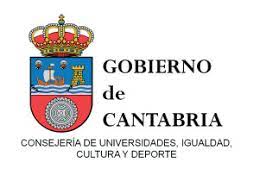German Hispanists around the Menéndez Pelayo Library: The “Santander Group” (1920-1931)
DOI:
https://doi.org/10.55422/bbmp.118Keywords:
Santander, German Hispanism, Menéndez Pelayo Society, cultural policy, Dictatorship of Primo de RiveraAbstract
The “Group of Santander” was the name that gave themselves hispanists germanic, mostly philologists of Hamburg, in the twenties. Attracted by the prestige of the Biblioteca de Menéndez Pelayo and Miguel Artigas, its director –who had specialized in Germany (JAE)–, frequent Santander and participate in summer courses for foreign students contributing and participating in educational activities and conferences. We analyzed the importance of this group in the framework of the Santander culture of the twenties.
Downloads
Publication Facts
Reviewer profiles N/A
Author statements
Indexed in
- Academic society
- Sociedad Menéndez Pelayo
- Publisher
- Sociedad Menéndez Pelayo
Global Statistics ℹ️
|
142
Views
|
159
Downloads
|
|
301
Total
|
|
References
Araquistáin, L. (1933), “Marcelino Menéndez y Pelayo y la cultura alemana” BBMP, T. 15, 1933, pp. 189-209.
Artigas, M. (1927), Aspectos del hispanismo en la Alemania actual: conferencia dada el día 11 de febrero de 1927, Madrid: Blass, 15 p.
Bertrand, J.A., (1920), “Spanien. Zeitschrift fur Auslandskunde. Organ des Verbandes Deutschland-Spanien, rausgegeben von Ibero-amerikanischen Institut, Hamburg, 1919, fasc. 1,2,3”, en Bulletin Hispanique, 1920, pp. 161-163.
Bihler, Heinrich, (1980) “In memoriam Helmut Hatzfeld”, Iberoromania 11, 1980, pp. 150-153. DOI: https://doi.org/10.1515/iber.1980.1980.11.150
Briesemeister, Dietrich, (2000), “El auge del hispanismo alemán (1918-1933)”, en Las influencias de las culturas académicas alemana y española desde 1898 hasta 1936 / coord. Briesemeister, D. y Salas Ortueta, J., 2000, Bibliotheca ibero-americana (Vervuert) 73, Frankfurt am Main, pp. 267-286.
Briesemeister, Dietrich, (2010) “España en Alemania: sobre el desarrollo de la investigación en los siglos XIX y XX” en Traspasar fronteras: un siglo de intercambio científico entre España y Alemania, ed. Sandra Rebok, Madrid: CSIC, pp. 83-95.
Engelbert, M. “Ernst Robert Curtius como hispanista”, Arbor, 119, pp. 183-198.
González cuevas, P. C., (2002), La tradición bloqueada: tres ideas políticas en España, el primer Ramiro de Maeztu, Charles Maurras y Carl Schmitt, Madrid, Biblioteca Nueva.
Ingenschay, Dieter, (1996), “Las aportaciones de la filología de habla alemana a los estudios de literatura hispánica”, pp. 55-67, en Las aportaciones del hispanismo alemán y su recepción en España, de Günther Haensch y Adolfo Muñoz (coords.)”, Madrid: Instituto Cervantes.
López Sánchez, J. Mª, (2003) «Política cultural exterior alemana durante la República de Weimar», Cuadernos de Historia Contemporánea, 25.
López Sánchez, J. Mª, (2006) “España en el marco de la “Kulturpolitik” alemana durante la República de Weimar, en Las ciencias sociales en la Edad de Plata española: el Centro de Estudios Históricos, 1910-1936/ Recurso electrónico Memoria doctorado, Univ. Complutense de Madrid, Serv. de Publ. Merkl, Heinrich, (2002), “Argumentos para la defensa de Ludwig Pfandl (1881-1942)”, Anuario jurídico y económico escurialense, nº. 35, 2002, pp. 761-
Morelli, Gabriele, (2001) Gerardo Diego y el III Centenario de Góngora (Correspondencia inédita), Pre-Textos, 2001, Valencia.
Quintana i font, A., (2004), “Fritz Krüger Una semblanza biográfica”, Anuario del Instituto de Estudios Zamoranos Florián de Ocampo, nº 21, 2004, pp. 319-344.
Ros Fontana, I. y López Alvarez, J., (1999) «Fritz Krüger y las fotografías de un trabajo de campo en Asturias, 1927» Gijón, FMC y Universidad Popular.
Sanz Díaz, C. J. (2005), España y la republica federal de Alemania, (1949-1966): política, económica y emigración. Entre la guerra fría y la distensión. Tesis doctoral, Univ. Complutense, ISBN-84-669-2798-0, Madrid.
Settekorm, Wolfang (1997), «L’école de Hambourg. Implications scientifiques et idéologiques», en Klaus Beitl et al., Mots et chôses de l’ethnographie de la France. Regards allemands et autrichiens sur la France rurale dans les Années 30. Paris, Éditions De La Maison Des Sciences De L’homme.
Tietz, Manfred, (2000), “La visión de España en Hochland (1903-1941), una revista cultural del catolicismo alemán”, en Briesemeister, D, y Salas, J. Bibliotheca ibero-americana (Vervuert) 73, Frankfurt am Main, pp. 130-182.
Vélez Jiménez, Palmira, (2007), La historiografía americanista en España, 1755-1936, Madrid: Iberoamericana; Frankfurt am Main: Vervuert. DOI: https://doi.org/10.31819/9783954872718
Downloads
Published
How to Cite
Issue
Section
License
Copyright (c) 2022 Jerónimo De la Hoz Regules

This work is licensed under a Creative Commons Attribution-NonCommercial 4.0 International License.








